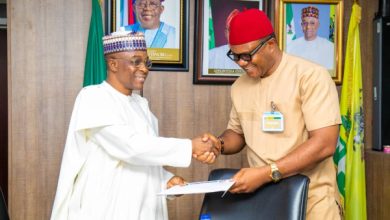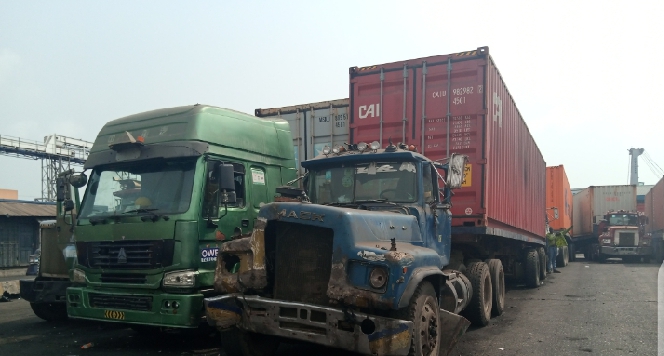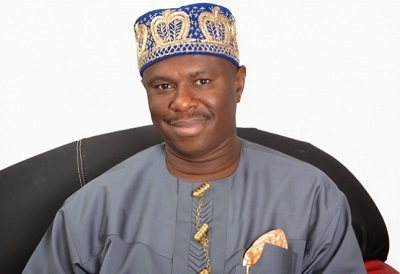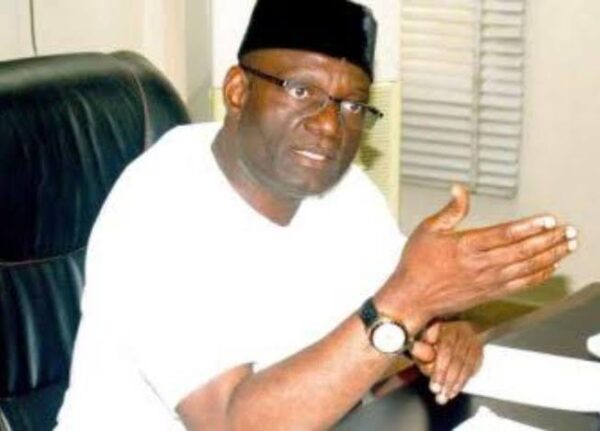NCDMB To Create Four Research Centres In Nigerian Universities
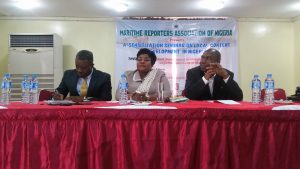
By Kenneth Jukpor
As part of efforts to enhance the capacity of indigenous operators in the oil and gas sector, the Nigerian Content Development and Monitoring Board (NCDMB) has initiated efforts to establish research centres in four Nigerian universities.
The move which is geared towards improving the local content in the sector would lead to the development of research centres in Niger Delta University (NDU), Bayelsa, Federal University of Technology Owerri (FUTO), Federal University of Technology (FUT) Minna and Federal University of Technology Akure (FUTA).
The Executive Secretary of NCDMB, Mr. Simbi Wabote revealed this yesterday during a seminar organized by Maritime Reporters Association of Nigeria (MARAN) on the theme; “Local Content Development in Shipping and Oil and Gas Operations in Nigeria”
Mr. Wabote who was represented by the General Manager, Corporate Communications at NCDMB, Engr. Ginah Otonyo Ginah, lamented that the nation’s educational system has been unable to churn out graduates with the right skillset to develop the oil sector.
However, he also highlighted the absence of steel companies in the country another challenge for local content development, noting that every most constructions across various sectors require steel, yet no indigenous operator had ventured into the business.
According to the NCDMB boss, other infrastructure challenges affect their operations include lack of power supply and the utilization of expired pipes for the nation’s piping.
“Most of the pipes carrying the nation’s oil are collapsing as a result of old age. It’s not just a problem of militancy in the Niger-Delta, but these pipes are actually expired. NCDMB has built two pipe bills and intends to do more in order to correct this unfortunate trend” he said.
Meanwhile, also speaking at the event, the Director General of the Nigerian Maritime Administration and Safety Agency (NIMASA), Dr. Dakuku Peterside identified foreign dominance as the bane of the nation’s maritime and the oil and gas sectors in Nigeria.
Peterside made this known in a paper he titled: “The Role of Shipping in Oil and Gas Logistics Services” even as he lamented that despite the huge activities and massive revenue generated from both sectors, there has been little impact in terms of employment, economic growth and contribution to the nation’s Gross Domestic Product (GDP).
The NIMASA boss who was represented by the Assistant Director, Shipping Development, Mrs. Anna Akpan, added that the oil and gas sector of the Nigerian economy accounts for almost 90% of the foreign exchange earnings for the country but less than 20% contribution to GDP and 5% of total employment which according to him was a misnomer.
He posited that the situation in the maritime industry was not different saying that Nigeria which was ranked the 7th largest oil producer in the world was the only oil producing country that does not carry a drop of its crude.
“Statistics shows that the country generates an estimated annual cargo throughput of 150 million metric tons with freight earnings in excess of $5billion in her international trade transactions. 95% of this income is earned by foreigners, with the job deprivation to the country that goes with it.
“The same dominance by foreigners is also extended to the domestic shipping market, where the estimated $3billion annual marine related spending in the oil and gas production activities are virtually earned by foreigners” he added.



